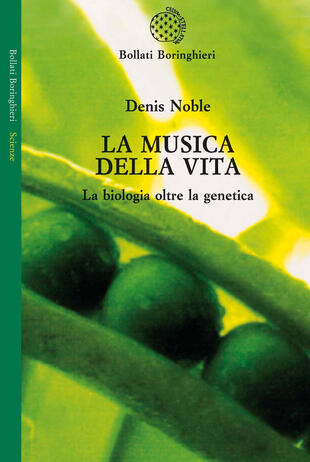

Sinossi
Se la vita può essere paragonata alla musica, dove si trova la partitura e chi ne fu il compositore? La scoperta negli anni cinquanta della doppia elica del dna e del codice genetico, e le successive ricerche riguardanti l’organizzazione del genoma e i meccanismi di sintesi delle proteine, hanno fortemente contribuito a orientare l’opinione pubblica verso il convincimento che i nostri geni siano i principali, se non addirittura gli unici responsabili del programma della vita. Questo orientamento «genocentrico» ha dominato il campo della divulgazione scientifica per decenni. Tuttavia, ci sono oggi molte evidenze che dimostrano come i processi biologici cellulari siano molto più complessi e articolati: in particolare, l’idea che i geni siano i diretti responsabili del fenotipo è troppo semplicistica. Nasce quindi naturale la domanda: ma i geni sono veramente i soli «musicanti» dell’orchestra della vita? Con questo libro, Denis Noble risponde, in modo elegante e provocatorio, che i geni non sono affatto i depositari del mistero della vita e gli autori del nostro destino, ma solo uno dei componenti che concorrono a modellare gli organismi nel corso dell’evoluzione.
Indice
Introduzione
1. Il CD della vita: il genoma
2. L’organo a 30 000 canne
3. Il direttore: la causazione discendente
4. La sezione ritmica: il battito del cuore ed altri ritmi
5. L’orchestra: organi e sistemi del corpo
6. Modi e chiavi: l’armonia cellulare
7. Il compositore: l’evoluzione
8. Il teatro d’opera: il cervello
9. Cala il sipario: l’artista scompare
- ISBN: 883391965X
- Casa Editrice: Bollati Boringhieri
- Pagine: 178
- Data di uscita: 15-01-2009

